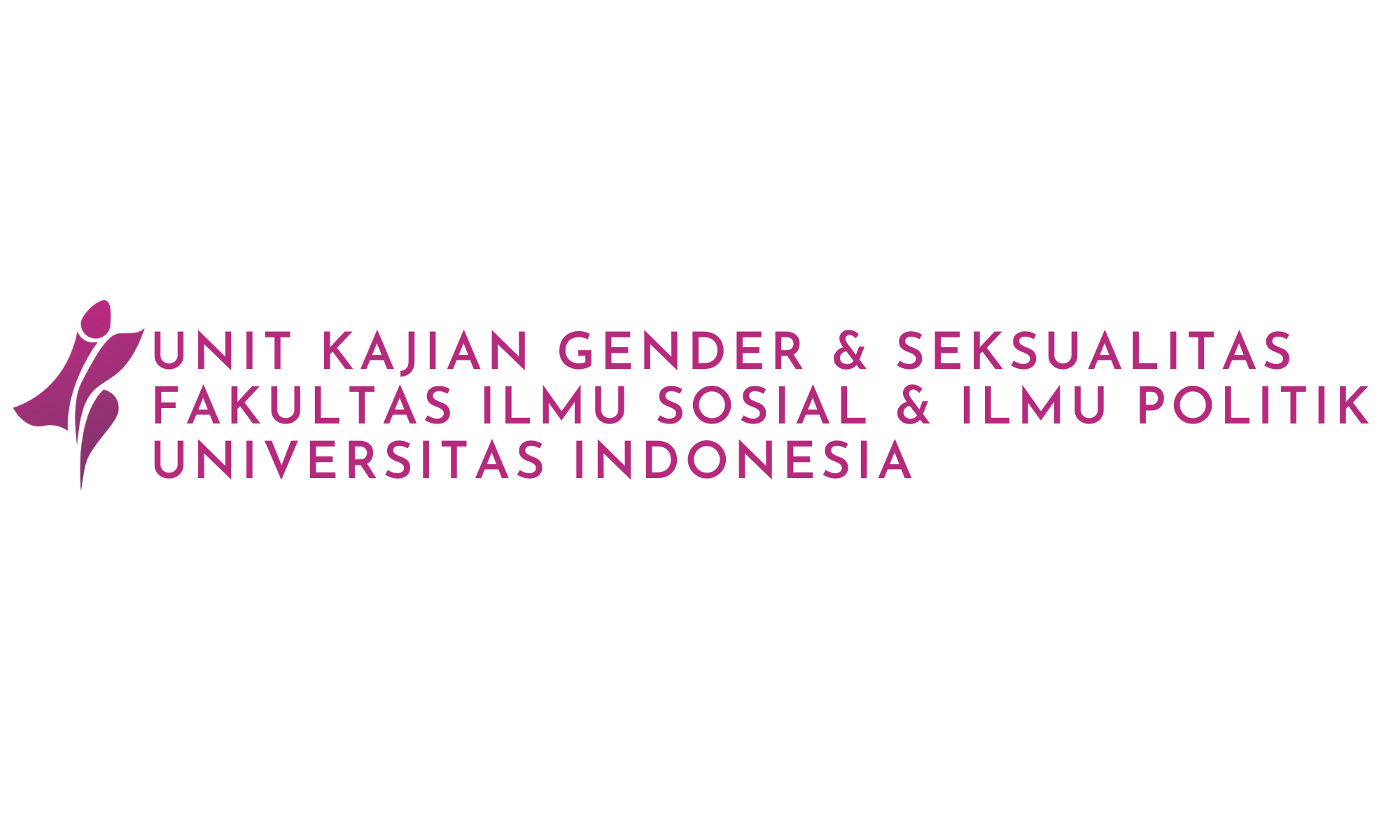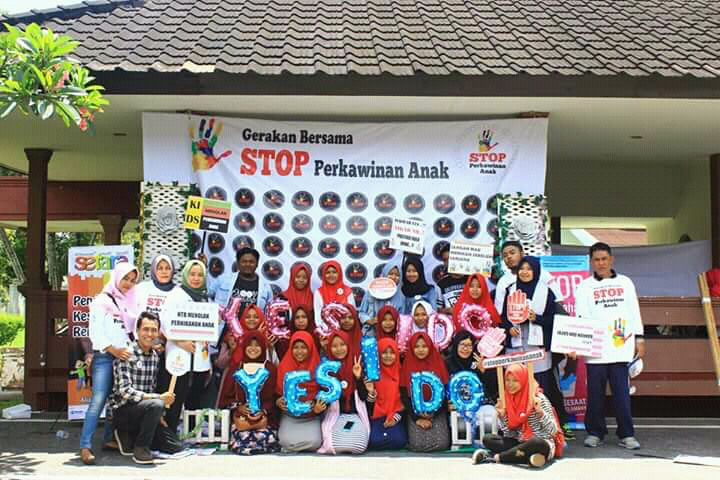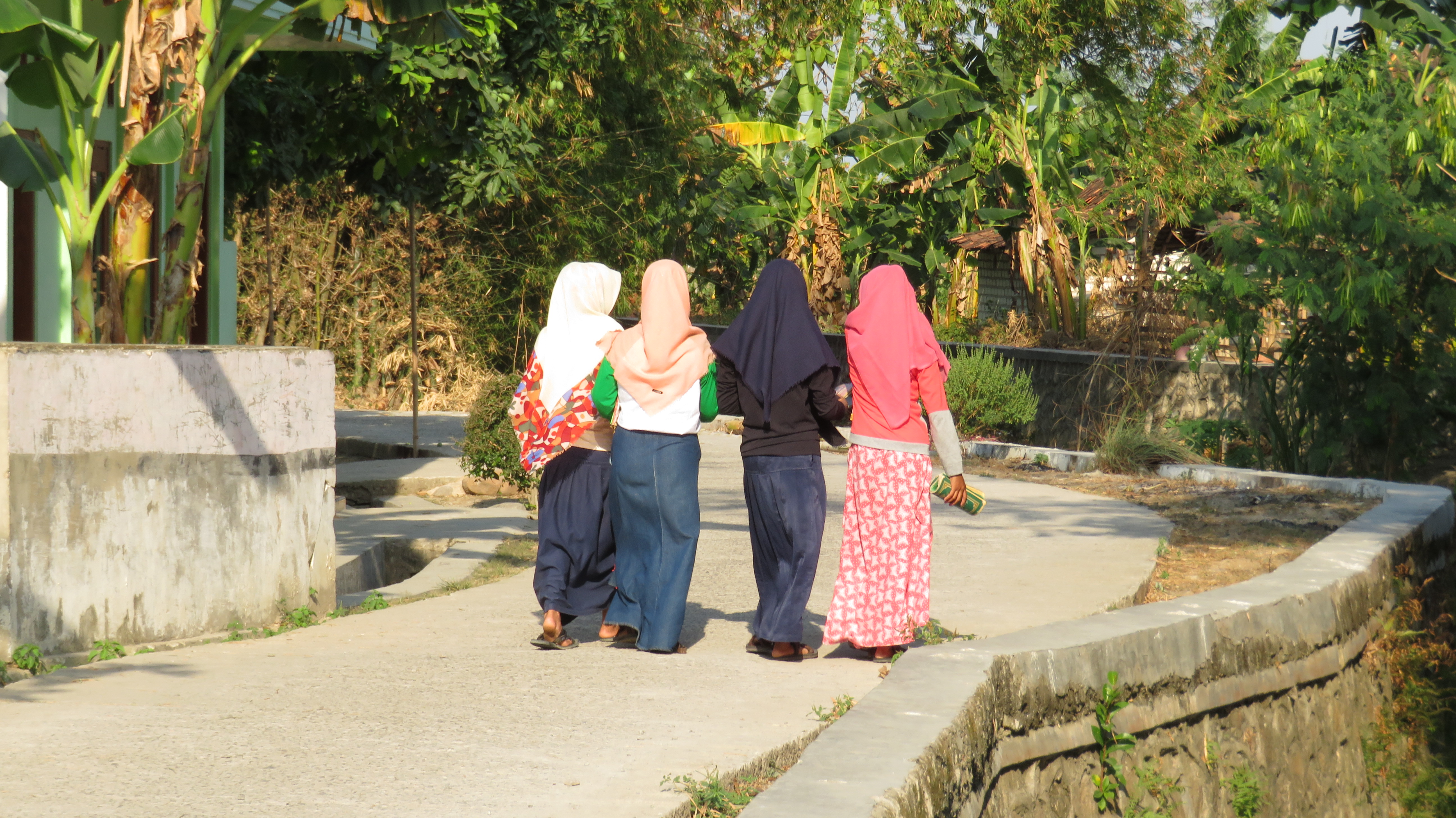The full report can be accessed using the following link:
Workshop Teori dan Metode Keragaman Gender dan Seksualitas
Gender dan seksualitas bukan merupakan suatu hal yang sifatnya statis, namun dinamis seiring dengan perubahan sosial yang terjadi. Para peneliti di Pusat Kajian Gender dan Seksualitas juga perlu untuk memperbarui pengetahuan dan konseptualisai tentang hal ini, untuk dapat memahami dan menganalisis isu gender dan seksualitas pada masyarakat kita. Pada tanggal 5 dan 6 Maret 2019, kami mengadakan kegiatan Capacity Building mengenai Teori-Teori dan Metode Penelitian Keragaman Gender dan Seksualitas. Kegiatan pembelajaran pada hari pertama adalah diskusi mengenai SOGIESC (Sexual Orientation, Gender Identities and Expression, and Sexual Characteristics), mulai dari sejarah konsep dan gerakan sosial saat ini.

Pada hari kedua diskusi dilanjutkan dengan kaitan antara SOGIESC dengan intersubjektivitas dalam penelitian dan juga konstruksi pengetahuan dalam analisis dan penulisan. Kegiatan pembelajaran ini selain diikuti oleh peneliti Puska Gender dan Seksualitas juga diikuti oleh para mahasiswa dan peneliti dari Puska lainnya di lingkungan FISIP yang sedang atau tertarik menggeluti isu gender dan seksualitas.
A Qualitative Study on The Causes and Consequences of Divorce after Child Marriage in Sukabumi, Rembang and West Lombok Regencies
Although there are no statistical data showing the relationship between child marriage and the rate of divorce, there are indications that child marriage contributes to divorce rates in Indonesia. Research on child marriage conducted by PLAN International (2015) in Pakistan, Bangladesh and Indonesia found that the objection of young people to child marriage was considered to cause disharmony, conflicts and domestic violence in marital relations, and sometimes divorce. Studies on divorces in the context of child marriage in Indonesia are few and the study presented in this report is an attempt to fill this research gap.
The study had the general objective of identifying the causes and consequences of divorce after child marriage in three areas of the YES I DO programme, namely Sukabumi, Rembang and West Lombok Regencies. Specifically, this study observed the types of divorce, causes and consequences of divorce, and the post-divorce coping mechanisms. The YES I DO programme in Indonesia is a collaboration between Rutgers WPF Indonesia, Plan Indonesia and Aliansi Remaja Independen (ARI). The study was needed to inform the activities of these YES I DO partners in the three areas.
The research was conducted by using in-depth interviews, FGDs and photovoices as research instruments.
The full paper can be downloaded from the following link.
Booklet Penelitian Perkawinan Anak Program ‘Yes I Do’ 2016-2018
Berikut adalah booklet penelitian perkawinan anak Program ‘Yes I Do’ 2016-2018 yang dilakukan oleh Pusat Kajian Gender dan Seksualitas LP2SP FISIP UI bekerja sama dengan KIT Netherlands.




